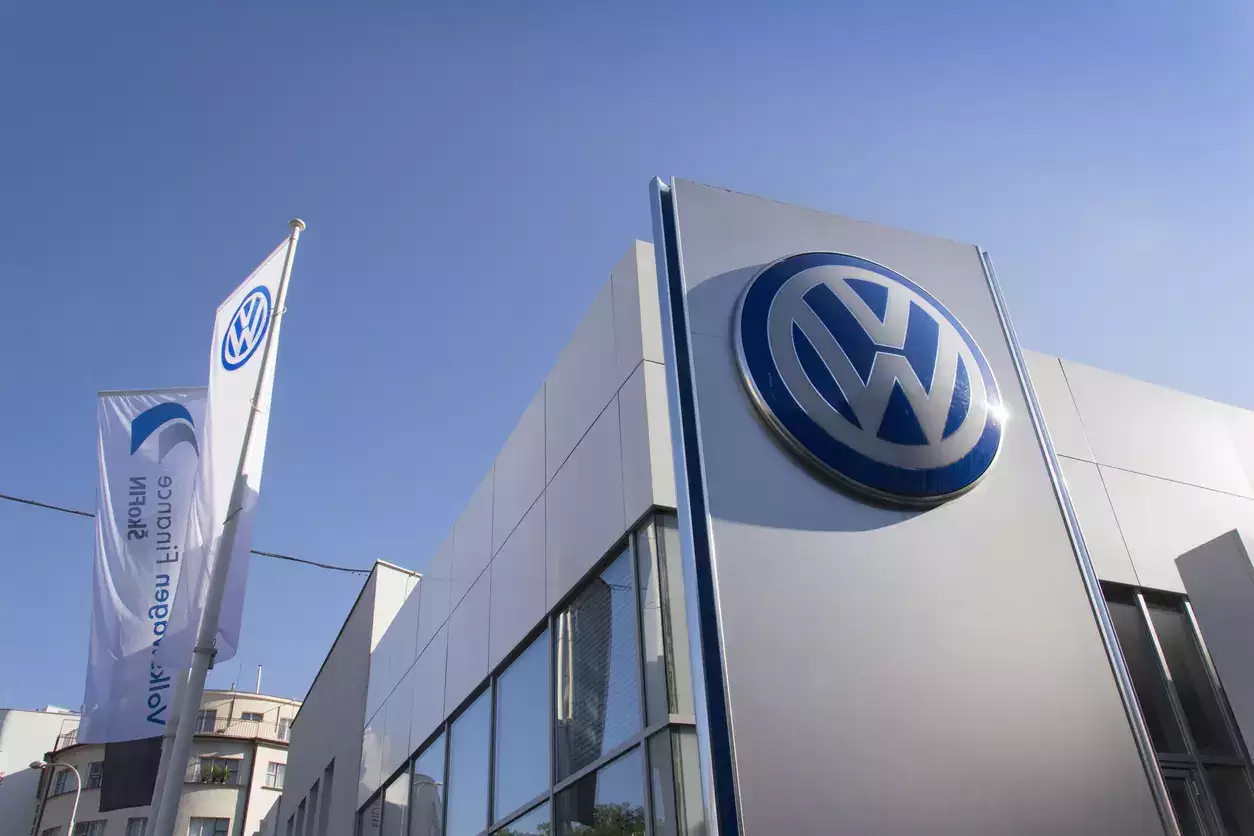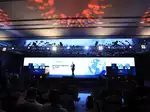Bombay HC to hear Skoda Volkswagen's plea against USD 1.4 bn tax notice on Feb 17

The automobile company last month filed a petition in the HC, challenging a show-cause notice issued by the authorities in September 2024 under the Customs Act.
On Wednesday, the company's counsels mentioned the plea before a division bench of Justices B P Colabawalla and Firdosh Pooniwalla, seeking urgent hearing.
The high court agreed to hear the plea on February 17.
The notice alleged that the company misclassified its imports of Audi, Skoda and Volkswagen cars as "individual parts" instead of "completely knocked down" (CKD) units, thereby paying significantly lower customs duties.
The CKD units attract a 30-35% duty, but Volkswagen declared its imports as separate components in different shipments and paid only 5-15% in duties, it said.
The VW group, through its various brands, including Audi, VW, and Skoda, has sold a variety of models, which have been imported as CKD units and assembled in India.
Some of the models include Octavia, Superb, Kodiaq, Passat, Jetta and Tiguan.
In 2019, Volkswagen Group India received regulatory and statutory approvals to merge its three passenger car subsidiaries in the country into one entity - Skoda Auto Volkswagen India - in order to work more efficiently at all levels to gain significant market shares for Volkswagen and Skoda by 2025.
In July 2018, the Volkswagen Group announced investments of around 1 billion euros as part of the India 2.0 project.

